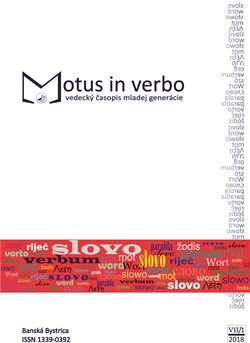TERRITORIAL IDENTIFICATIONS OF THE GOTTSCHEE GERMANS: DIASPORA – HOMELAND RELATION
Moric, Anja
In: , p. 7 - 21. ISBN:
Abstract
Based on research carried out among Gottscheers (Gottschee Germans) living in the USA, Canada, Austria and Germany, the article presents the social and symbolic meaning of the places the Gottscheers identify with and that influence their life as emigrants. These places are: the old country – Gottschee (the Kočevska region) and the places that are important for the (re)production of their traditions in their new countries. The article also describes the meaning of rituals, including pilgrimages to the old homeland and meetings in their new countries for strengthening their feeling of belonging to a group within the country of residence, and for the transnational connections between the Gottscheers from the mentioned countries and with the old homeland. The article concludes that the survival of the diaspora depends largely on its ability to maintain its culture and traditions through ritual practices at various locations outside the home country.
Download article (PDF)
